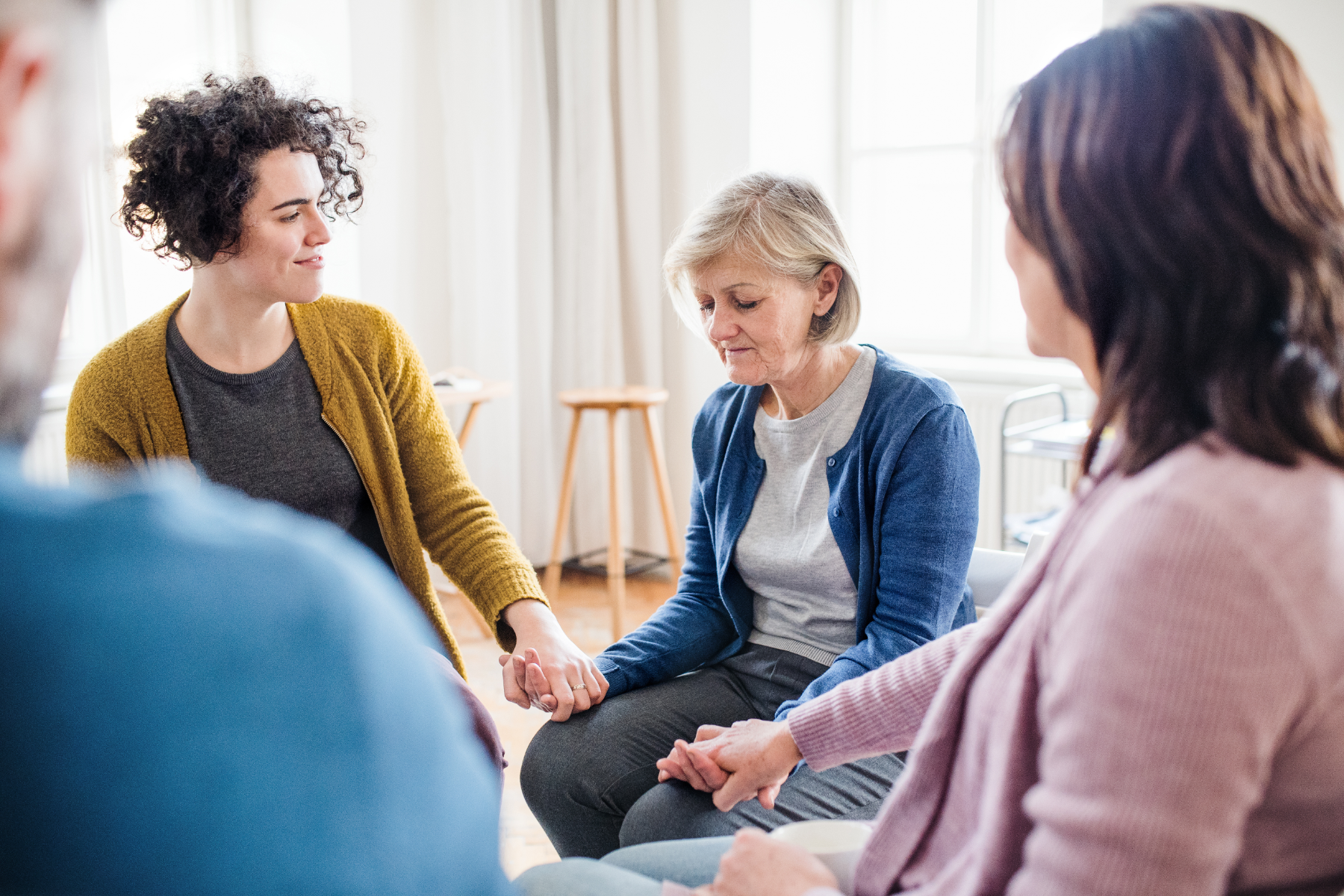
What is Sexual Violence
Sexual violence occurs when someone is forced or manipulated into unwanted sexual activity without their consent. Consent, by definition, means permission for something to happen or agreement to do something. Reasons someone might not consent include fear, age, illness, disability and/or influence of alcohol or other drugs. Anyone can experience sexual violence, including children, teens, adults, and elders. Those who sexually abuse can be acquaintances, family, trusted individuals or strangers; of these, the first three categories are most common.
In New Jersey, someone commits a sexual assault when they sexually penetrate another person against that person’s will, and
-
The person is younger than 13 years old
-
The person is between 13 or 16 years old and the abuser is related to them by blood or acting as a guardian or parent.
-
There is a weapon or threat of a weapon.
-
The person has a developmental, cognitive, or physical disability. The person is unconscious or incapacitated.

Form of Sexual Violence:
Sexual violence is a broad term and includes rape, incest, child sexual abuse, intimate partner violence, sexual exploitation, human trafficking, unwanted sexual contact, sexual harassment, exposure and voyeurism.
Sexual violence is a social justice issue that occurs because of abuse, misuse and exploitation of vulnerabilities. It is a violation of human rights and can impact a person’s trust and feeling of safety. Acts of sexual violence are not only about control and/or sex. Rape culture exists, in part, because of disparities in power that are often rooted in oppression.
Sexual violence happens to people of all ages, races, genders, sexual orientations, religions, abilities, professions, incomes and ethnicities.

Impact of Sexual Violence on Survivors:
Each survivor reacts to trauma and sexual violence in her/his own unique way.
Some may tell others what happened right away, while others will remain silent.
Many will wait weeks, months or even years before discussing the assault.
Trauma impacts the way memory is stored and how victims recall events.
Lapses in recollection and delayed disclosures are common.
In addition to survivors, sexual violence can affect families, friends, partners, children, spouses and/or coworkers. In order to best assist the survivor, it is important for those close to them to get support. Passaic County Women’s Center offers confidential services to anyone impacted by sexual violence.
Survivor Reactions & Health Impacts:
Sexual violence can profoundly affect the physical, emotional, mental and social well- being of victims. It is associated with a number of health consequences, including:
-
Unwanted pregnancy
-
Gynecological complications such as vaginal bleeding, fibroids, chronic pelvic pain and urinary tract infections
-
Sexually transmitted diseases including HIV/AIDS
-
Depression
-
Nightmares and/or flashbacks
-
Difficulty concentrating, anxiety and / or phobias
-
Post-Traumatic Stress Disorder (PTSD)
-
Eating disorders
-
Substance use and/or abuse.
-
Suicidal thoughts and behavior.
-
Victims may also face ostracism from family, friends and their communities
Facts About Sexual Violence
- Every 2 minutes an American is sexually assaulted
- Victims are never at fault for a sexual assault. Often, the media may unintentionally imply a victim is to blame by mentioning, for example, what the victim was wearing and if the victim was drinking. These comments lead to victim-blaming.
- People who sexually assault usually violate someone they know, and they often use coercion, manipulation or “charm.” They may use force, threats or injury. An absence of physical injuries to a victim does not mean that a victim consented.
- Societal conditions that allow sexual violence to continue include tolerance of sexual harassment, restrictive ideas about gender, believing that women should be responsible for keeping themselves safe, rape jokes, violent pornography, the belief that alcohol will make sexual encounters better, and beliefs that certain groups are better than others (sexism, racism, heterosexism, etc.)
Sexual violence affects women, men and children throughout their lives and can be devastating for individuals, families, and communities. However, help is available. Together, we can change the conditions that contribute to sexual violence.
Contact Passaic County Women’s Center @ 973-881-0725 or 973-881-1450 to speak with a confidential advocate today.

Visit These Sites For More Information:
http://njcasa.org/
http://www.nsvrc.org/sites/default/files/Publications_NSVRC_Factsheet_What-is-sexual-violence_1.pdf
https://www.rainn.org/types-sexual-violence
http://www.cdc.gov/violenceprevention/sexualviolence/definitions.html
Sources:
- Department of Justice, Office of Justice Programs, Bureau of Justice Statistics, National Crime Victimization Survey, 2010-2014 (2015).
- Department of Justice, Office of Justice Programs, Bureau of Justice Statistics, Sexual Victimization in Prisons and Jails Reported by Inmates, 2011-2012 (2013); ii. United States Department of Health and Human Services, Administration for Children and Families, Administration on Children, Youth and Families, Children’s Bureau. Child Maltreatment Survey, 2012 (2013); iii. Department of Justice, Office of Justice Programs, Bureau of Justice Statistics, National Crime Victimization Survey, 2010-2014 (2015); iv. Department of Defense, Fiscal Year 2014 Annual Report on Sexual Assault in the Military, (2015.)
- National Institute of Justice & Centers for Disease Control & Prevention, Prevalence, Incidence and Consequences of Violence Against Women Survey (1998).


